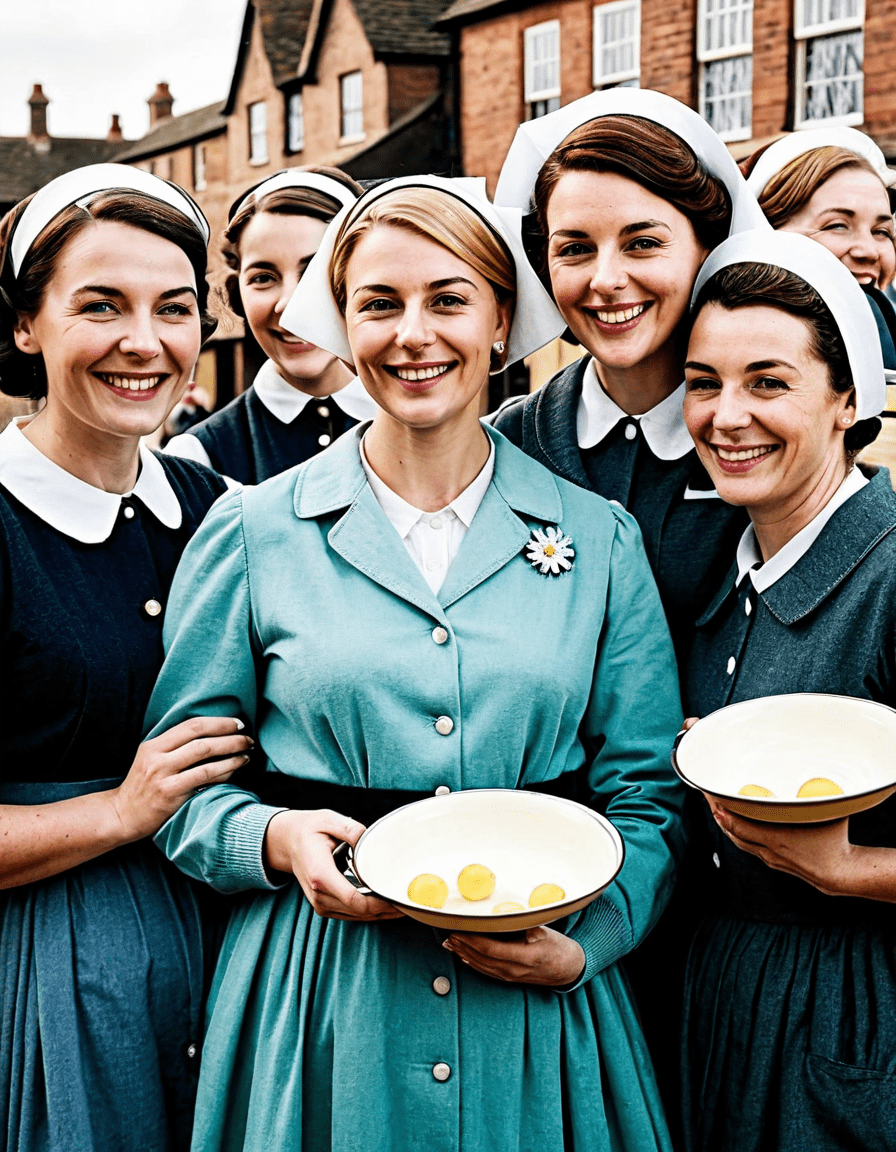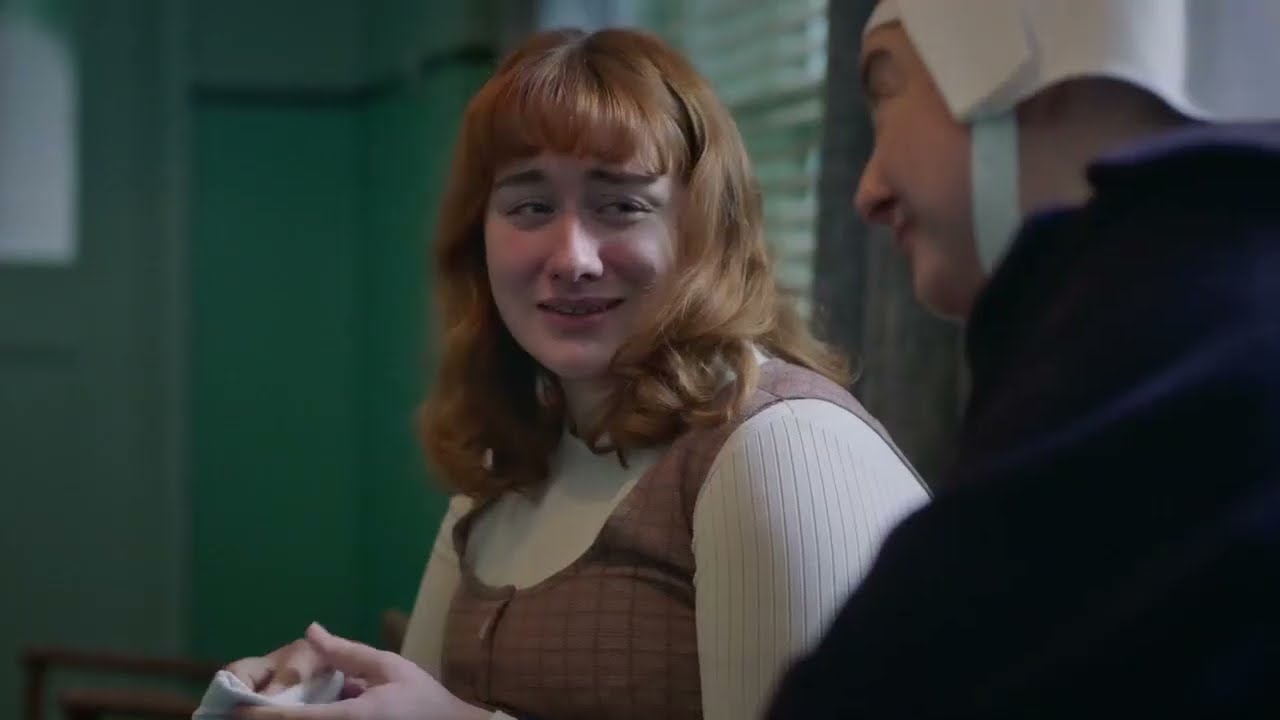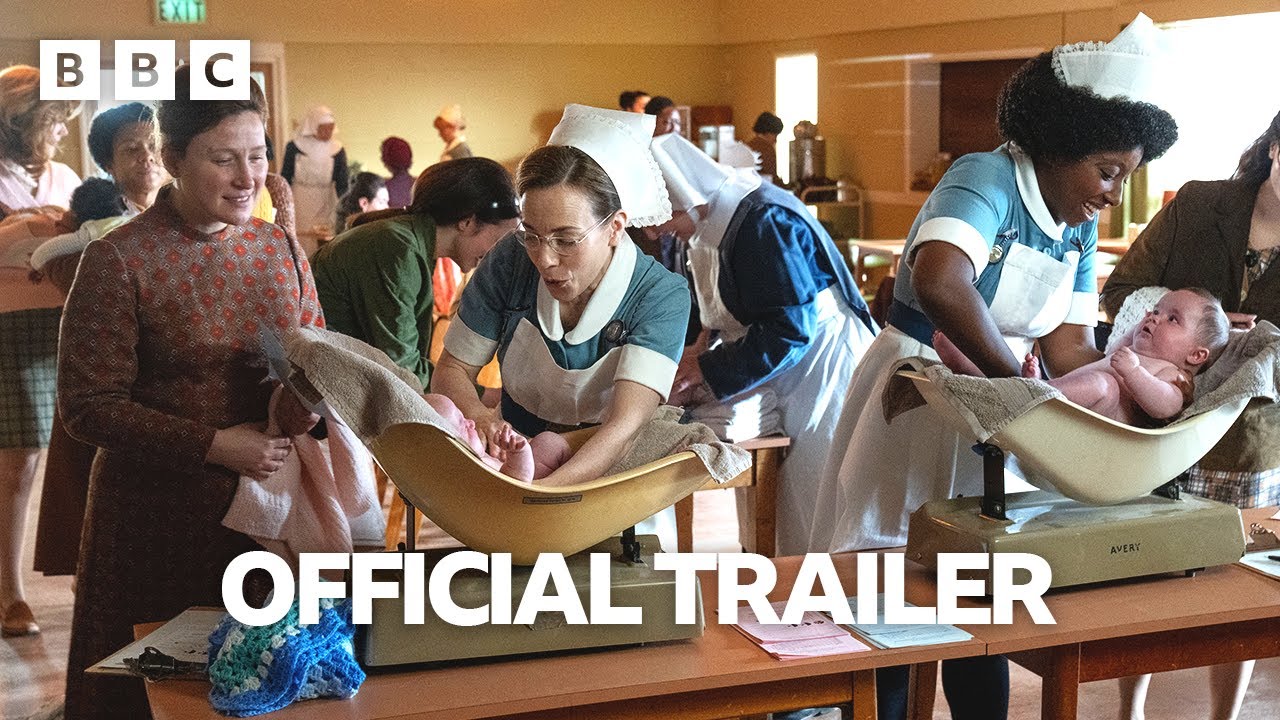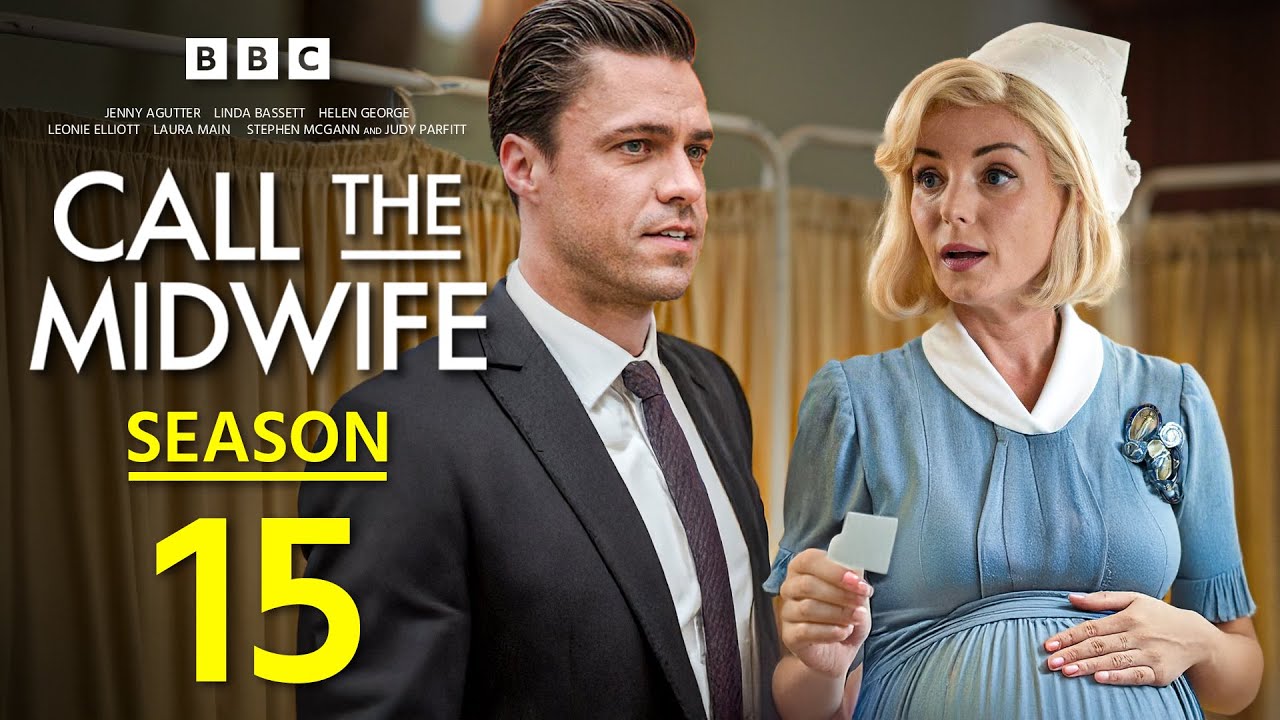The beloved series “Call the Midwife” has captivated audiences worldwide since its premiere in 2012. Set against the backdrop of 1950s and 1960s East London, it shines a light on the lives of midwives and nuns facing the trials of healthcare and societal challenges in a rapidly changing world. But this show is more than just a nostalgic period drama; it serves as a beautiful narrative tapestry, showcasing real historical contexts alongside the authentic experiences that each character navigates. In this article, we’ll dive into what makes “Call the Midwife” so special as we explore the key elements that contribute to its emotional impact, along with some heartfelt stories that show the series’ ability to connect deeply with its viewers.
Top 7 Heartfelt Stories from Call the Midwife that Changed Lives
“Call the Midwife” is not just an ordinary TV series. It’s a treasure trove of human experiences told uniquely through midwifery. Here are seven poignant stories that illustrate its powerful emotional resonance:
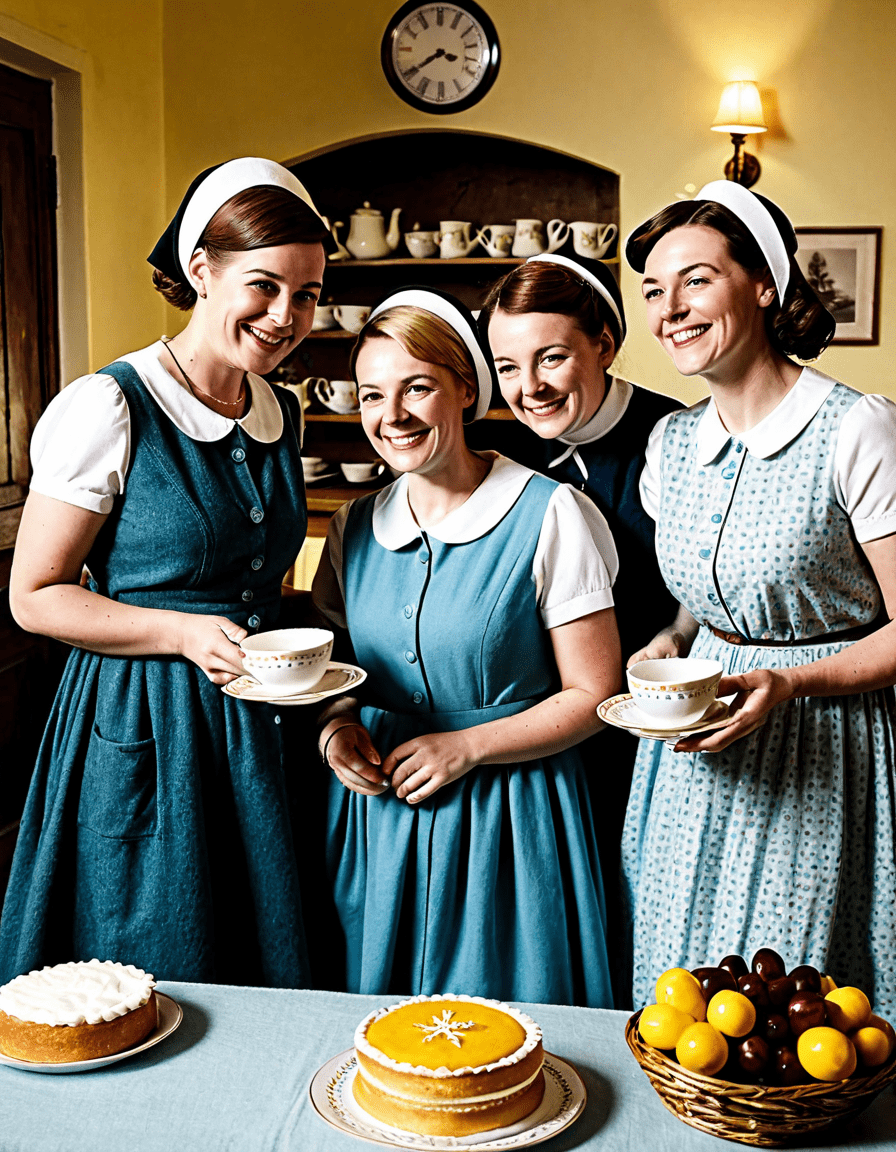
1. Jenny’s Journey of Hope
In Season 1, Jenny Lee, portrayed by Jessica Raine, is the perfect embodiment of a fresh face at Nonnatus House. One of her standout moments occurs during an emergency birth within the tight confines of a tenement building. This scene not only showcases her growth but also highlights the perseverance of women facing formidable challenges in childbirth. In many ways, Jenny’s story mirrors the hardships women still encounter today, making it incredibly relatable.
2. The Struggles of Sister Julienne
Sister Julienne, played by Jenny Agutter, has been a grounding force in the series. When she grapples with her faith and duty amid the controversial contraceptive debates of the 1960s, it casts light on significant societal tensions concerning reproductive rights. This storyline digs deep into the heart of women’s autonomy and healthcare conversations still prevalent today. It’s a poignant reminder of the battles fought and those yet to come, resonating strongly within the current landscape of women’s health rights.
3. Trixie’s Battle with Substance Abuse
Bring on the drama! Trixie Franklin, expertly played by Helen George, faces the harrowing reality of addiction in Season 6. As Trixie dives into her struggle for recovery, viewers are presented with a layered character that transcends the bubbly persona she often displays. Her journey reveals the stigma surrounding substance abuse and the necessity of support systems, echoing the real-life battles of many who suffer alone. This narrative isn’t just about Trixie; it’s a reflection of society’s urgent need to address addiction candidly.
4. A Step Towards Inclusivity: The Story of Shelagh and Patrick
When Shelagh (Laura Main) and Patrick step into the realm of adoption in “Call the Midwife,” their story arc touches on family dynamics in a post-war society. Their heartfelt pursuit to create a family shows the importance of acceptance in diverse family structures—a topic that’s increasingly shining in contemporary discussions on parenting. This narrative brings warmth while showcasing that love can take many forms and outlines a significant shift in societal norms.
5. The Impact of the Thalidomide Scandal
Enter the gripping twist of the thalidomide scandal, which emerges in the series with palpable emotional weight. The focus on the drug, initially prescribed to aid pregnancy but resulting in severe birth defects, accentuates important questions about medical ethics. As the midwives respond to patients affected by this tragedy, it throws light on issues surrounding medical responsibility—a topic resonating in medical circles today. This storyline casts “Call the Midwife” in the role of not just a drama but a serious commentary on healthcare.
6. Women Supporting Women: The Unfolding of Lucile’s Story
Lucile Anderson, introduced in later seasons, offers insight into the experiences of immigrants and the unyielding, systemic barriers they confront. Her interactions with the Nonnatus House community reveal the importance of solidarity among women, drawing parallels with ongoing immigration challenges today. Lucile’s story exemplifies how women can uplift and empower one another—a major theme that resonates now more than ever.
7. The Heartbreak of Baby Loss: A Universal Grief
One of the most heart-wrenching storylines features the grief surrounding stillbirth and infant loss. “Call the Midwife” gives voice to this personal tragedy, validating the experiences of those who have endured similar losses. By approaching such topics with sensitivity, the series fosters meaningful conversations about grief and mourning, inviting audiences to explore the profound impact of lost love. This compassionate portrayal is invaluable, especially in today’s world where such topics are often shrouded in silence.
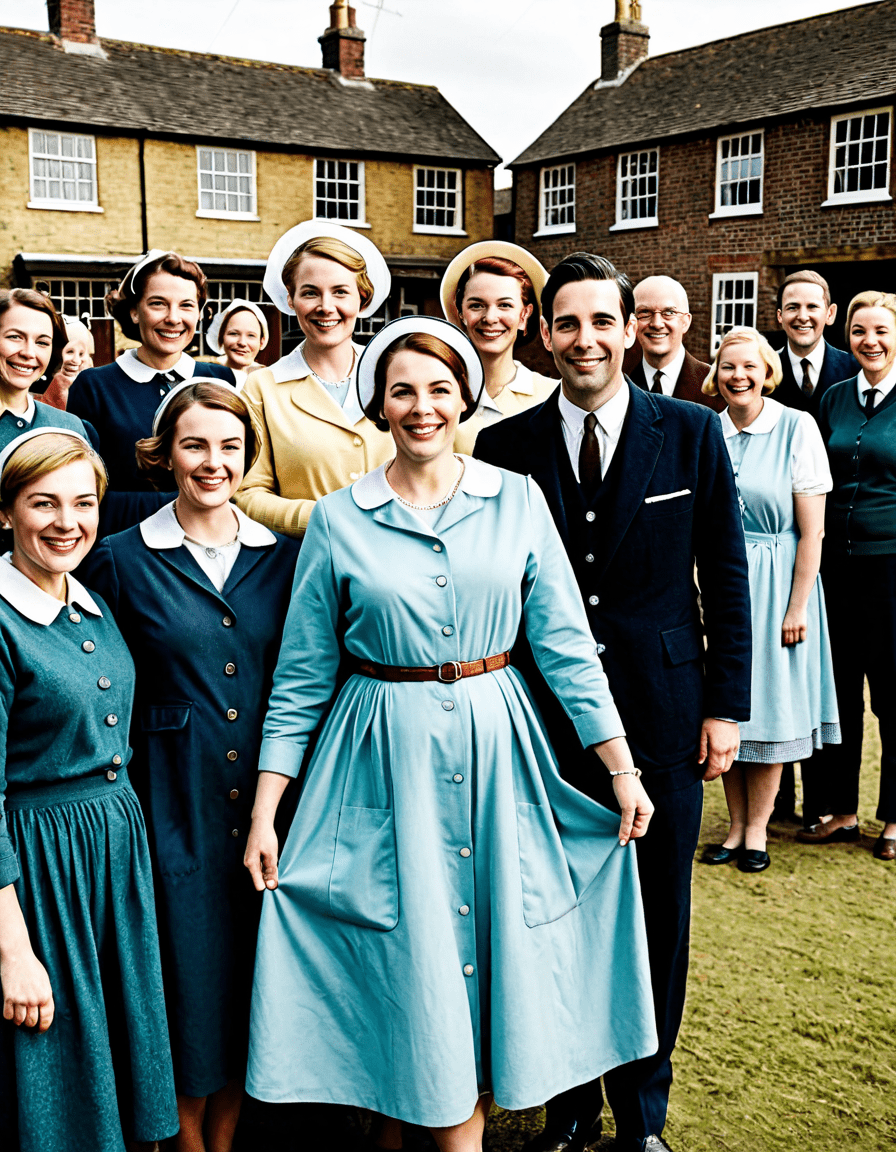
The Cultural and Emotional Impact of Call the Midwife
“Call the Midwife” isn’t just another show on the air; it’s a cultural touchstone that reflects real historical and contemporary societal dilemmas. The series demonstrates how much maternal care has evolved, thanks to the British National Health Service (NHS), while reminding us that many challenges are still significant. Evoking empathy, the show’s commitment to character development ensures that each narrative resonates deeply with viewers.
This engaging emotional journey tackles the intricacies of womanhood, motherhood, and loss, creating a rich community among its audience. Each of the characters’ arcs ensures that viewers don’t merely watch but feel connected. That’s the magic of “Call the Midwife.” It pulls us into a shared human experience, reminding us of the ties that bind us, both past and present.
As we peek into the future, the tales told by “Call the Midwife” continue to shed light on such essential themes—female empowerment, community support, and societal challenges. Engaging with these heartfelt stories not only makes for compelling television but also encourages audiences to reflect on their connections and experiences, ensuring that while seasons change, the show’s messages will continue to resonate.
From the emotional depths of Trixie’s struggles to the resilience shown in Jenny’s journey, “Call the Midwife” proves time and time again that heartfelt storytelling engages our minds and hearts. So, if you haven’t tuned in yet, what are you waiting for? Buckle up and let this exceptional series warm up your weekends!
Call The Midwife: A Journey Through Heartfelt Stories
You Won’t Believe This Trivia!
Did you know that Call The Midwife is based on the memoirs of Jennifer Worth, who served as a midwife in the 1950s? Talk about a real-life inspiration! The vibrant stories encapsulate not just the challenges of midwifery, but also the socio-economic backdrop of post-war London. Fans of films like those featuring Tony Stark can appreciate how the complexities of life can shine through in unexpected moments, just like the nuances in this beloved series. And interestingly, the show’s atmosphere is enhanced by a soundtrack that resonates with various eras, reminiscent of Jerry Lee lewis rock ‘n’ roll vibes.
In its portrayal of midwives, Call The Midwife often highlights the importance of community, which is why it’s easy to draw parallels to the camaraderie found in film franchises and sports. Ever heard the memorable quote about football from Jim Mora, “Playoffs?!” Well, the emotional stakes in midwifery can feel just as intense when lives are at stake! Each episode, like the career of Chris Klein, captivates audiences with its charm and emotional depth, reminding us that teamwork and dedication are paramount, be it in a delivery room or on a film set.
Let’s not forget about the remarkable cast. Actors like Helen George and Jenny Agutter bring their characters to life with such authenticity that you might even do a double-take, just like that iconic moment with Jon Lovitz in The Wedding Singer. But behind the scenes, it’s Michael Bollners journey as a child actor that sprinkles a dash of nostalgic magic throughout television history. And all the while, the show serves as a warm blanket to viewers, much like Taylor Swift’s Cardigan, evoking feelings of comfort and nostalgia.
A Cultural Phenomenon
The cultural impact of Call The Midwife resonates beyond just its plotlines. Much like the grand event spaces at the Grand Bohemian greenville, the set design immerses viewers in the character’s worlds, offering a glimpse into midwifery that feels both intimate and inclusive. Moreover, the stories cover a variety of social issues, turning the show’s narrative into a fascinating conversation starter—much like the quirky complexities at play when exploring the layers of a character’s story in any popular series. No wonder fans keep tuning in! You could say it’s like discovering a Por hun twist in your favorite drama; you never know what heartfelt story might pull on your heartstrings next.
